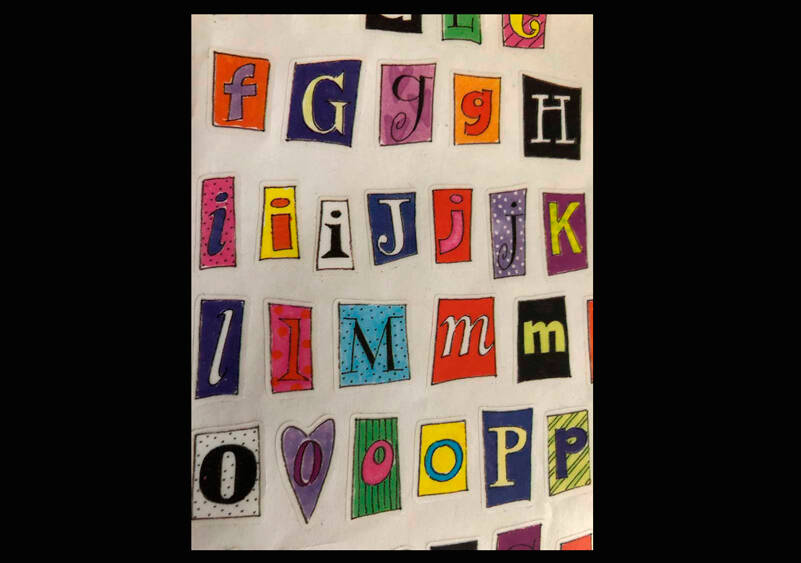By Morf Morford
Tacoma Daily Index
Every year words and phrases emerge and find a place or even an entirely new meaning within the frame and fabric of the new year.
2021 is no different. And by “no different,” of course I mean entirely different.
2021 has been a year of reassessment, questioning, reframing and even abandoning much of what came before.
Some words and phrases acquired new meaning, others lost any relevance or meaning they might have had.
I nominate “avoid like the plague” as a phrase that has lost any meaning it might have once had, primarily because as it turns out that, when it comes to an infection that has killed literally millions around the world, a large percentage of us aren’t willing to take even the most rudimentary precautions.
And of course, since rabid partisanship seems to be the reigning spirit of the age, another concept, this time encapsulated in a single word, was chosen by Dictionary.com as word of the year for 2021. That word is “allyship”.
Dictionary.com offers two definitions for allyship: the role of a person who advocates for inclusion of a “marginalized or politicized group” in solidarity but not as a member, and the more traditional relationship of “persons, groups or nations associating and cooperating with one another for a common cause or purpose”.
Other dictionary companies in the search for the word of the year focused on the pandemic and its fallout. The Oxford English Dictionary went for “vax” and Merriam-Webster chose “vaccine”. Collins Dictionary picked “NFT”, digital tokens that sell for millions.
Most years give us words and terms that embrace and embody trends and values that will, presumably, outlive the calender year.
Maybe it’s just me, but I can’t imagine words like “vax”, “NFT” or even “allyship” being in a typical conversation a year or two from now.
Polywork
In contrast to those words, some words, like polywork, are almost certainly here to stay.
For those who don’t live it, the concept of polywork is simple; careers were simpler 50 or 60 years ago. Back then most college grads progressed from entry-level positions to retirement with the same company or at least the same industry.
Not in the 2020s.
More than 40% of college graduates take a job that doesn’t require a degree. Five years later, two-thirds of them are still underemployed.
More than one out of four college grads pursue careers that have little to do with their major. And many of those hold two or three jobs (or side hustles) to keep the bills paid.
It’s an interesting career (or anti-career) strategy as people develop skills and networks across disparate (but often complementary) professions.
Polywork is less about working multiple jobs than it is about being your own boss and serving multiple clients.
Like it or not, more and more of us are becoming polyworkers, for at least part of our working lives.
And if you are looking for a “poly” version of LinkedIn, check out www.polywork.com.
Boosted
Before late 2021 the words “boost”, “booster” or “boosted” had a variety of meanings, mostly related to children and “booster seats”.
To “boost” someone, generally meant, to give then a push of some kind.
In 2021, “boost”, “booster” or “boosted” came to have a purely medical meaning as in the third (and final) vaccination shot for COVID.
As the year progressed, as more and more events became limited to those with the approved, updated “booster” shots, the word itself became a routine part of everyday conversations.
Re-installed
The word “re-installed” previously reserved for software took on a political meaning (at least in some circles) as a few ardent supporters of our previous president insisted that he would be “re-installed” as president when certain events re-aligned.
This was expected in April of 2021. And October.
And was a distinct possibility never.
For a quick review for those Constitutional scholars out there, there is in fact no process of “installing” or “re-installing” political officials.
Politicians are in fact elected through a series of vetting processes and elections with documented voters and validated ballots on the precinct level across the country.
No political body or process exists to “re-install” anyone.
Anti-racist
The word “anti-racist” emerged in 2020, but took on added urgency – and controversy – in 2021.
Few if any of us are willing to claim “racist” as a personal adjective, so I was a bit surprised to see so much resistance to “anti-racist”, since no one seemed willing to step up to defend its opposite.
But with polarity as the defining feature of our culture, it seems like staking out one’s territory, in language or anywhere else, is the first impulse.
Personal pronouns
In what may be seen in retrospect as either a defining moment of gender expression or the triumph of identity politics, the introduction of one’s self (at least in some circles) became embedded with the statement of one’s personal pronouns.
While, most of the time, readily apparent, “he/him” or “she/her” or occasionally “they/them” became (for some at least) part of their personal introduction.
Give me another word for it
As always, the words that we use, those words that creep or force their way into our daily discourse, express and define our deepest hopes, challenges and fears far more than any deliberate political or philosophical statements or position papers.
Whether any of these words or terms will exist a year or two (or five) from now, is anyone’s guess.
But my prognosis is that these words, like much of 2020 and 2021, will fade into the distance, leaving few of us with the desire to see them again.






